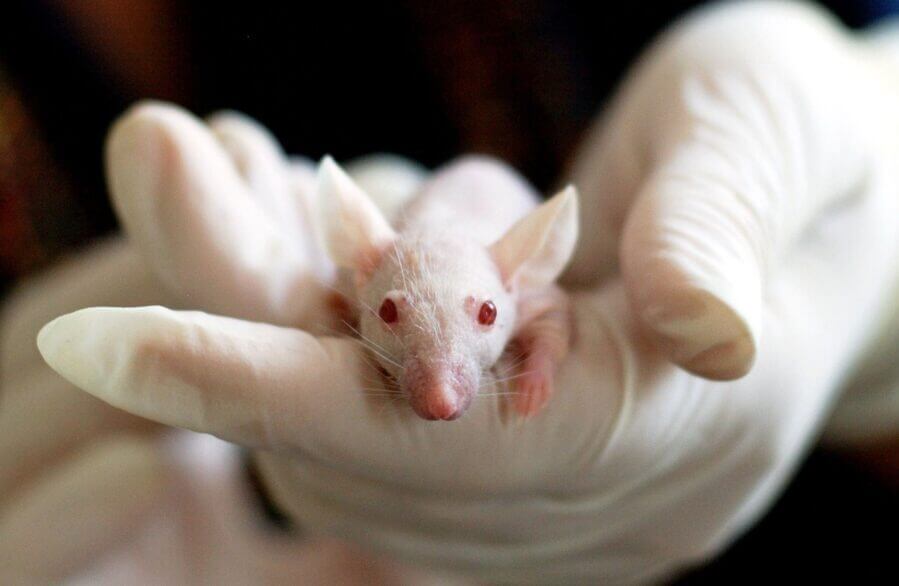A research paper published in Aging suggests that a methionine-deficient diet or oral administration of recombinant methioninase-producing Escherichia coli (E. coli) can reverse old-age-induced obesity in mice. The study found that both interventions reduced blood methionine levels and led to significant weight loss in mice with old-age-induced obesity, indicating their potential as clinical treatments.
A new research paper was published in Aging (listed by MEDLINE/PubMed as “Aging (Albany NY)” and “Aging-US” by Web of Science) Volume 15, Issue 11, entitled, “Old-age-induced obesity reversed by a methionine-deficient diet or oral administration of recombinant methioninase-producing Escherichia coli in C57BL/6 mice.”
Obesity increases with aging. Methionine restriction affects lipid metabolism and can prevent obesity in mice. In this new study, researchers Yutaro Kubota, Qinghong Han, Jose Reynoso, Yusuke Aoki, Noriyuki Masaki, Koya Obara, Kazuyuki Hamada, Michael Bouvet, Takuya Tsunoda, and Robert M. Hoffman from AntiCancer Inc., University of California San Diego and Showa University School of Medicine observed C57BL/6 mice double their body weight from 4 to 48 weeks of age and become obese. The team then evaluated the efficacy of oral administration of recombinant-methioninase (rMETase)-producing E. coli (E. coli JM109-rMETase) or a methionine-deficient diet to reverse old-age-induced obesity in C57BL/6 mice.
“In the present study we tested a low-methionine diet to reverse old-age-induced obesity. […] E. coli JM109-rMETase was also tested in the present study to reverse old-age-induced obesity.”
Fifteen C57BL/6 male mice aged 12–18 months with old-age-induced obesity were divided into three groups. Group 1 was given a normal diet supplemented with non-recombinant E. coli JM109 cells orally by gavage twice daily; Group 2 was given a normal diet supplemented with recombinant E. coli JM109-rMETase cells by gavage twice daily; and Group 3 was given a methionine-deficient diet without treatment.
The administration of E. coli JM109-rMETase or a methionine-deficient diet reduced the blood methionine level and reversed old-age-induced obesity with significant weight loss by 14 days. There was a negative correlation between methionine levels and negative body weight change. Although the degree of efficacy was higher in the methionine-deficient diet group than in the E. coli JM109-rMETase group, the present findings suggested that oral administration of E. coli JM109-rMETase, as well as a methionine-deficient diet, are effective in reversing old-age-induced obesity.
“In conclusion, the present study provides evidence that restricting methionine by either a low-methionine diet or E. coli JM109-rMETase has clinical potential to treat old-age-induced obesity.”
Takeaway
- Obesity increases with aging.
- Methionine restriction affects lipid metabolism and can prevent obesity in mice.
- The study evaluated the efficacy of a methionine-deficient diet and oral administration of recombinant-methioninase-producing E. coli to reverse old-age-induced obesity in mice.
- Both interventions reduced blood methionine levels and resulted in significant weight loss, suggesting their potential as treatments for old-age-induced obesity.


